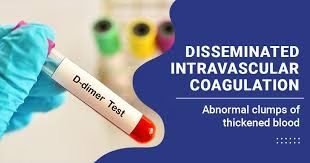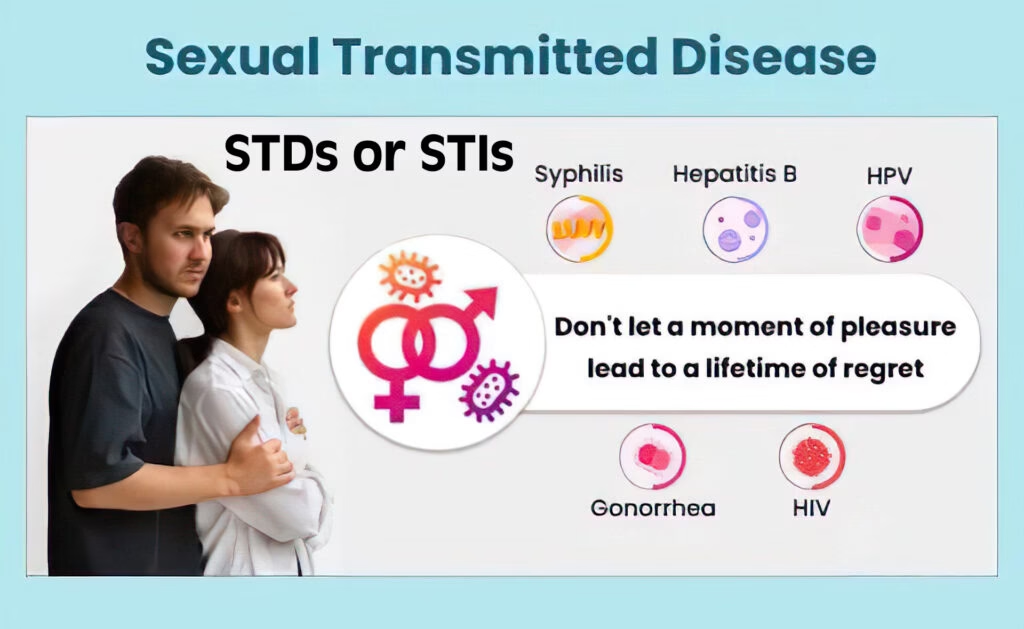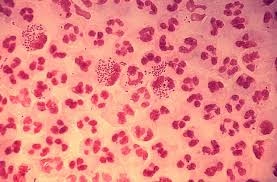
Laboratory Investigations for Disseminated Intravascular Coagulation Disseminated Intravascular Coagulation (DIC) is a complex disorder characterized by widespread coagulation system activation, resulting in microvascular thrombi formation, consumption of coagulation factors and Read More ……..



